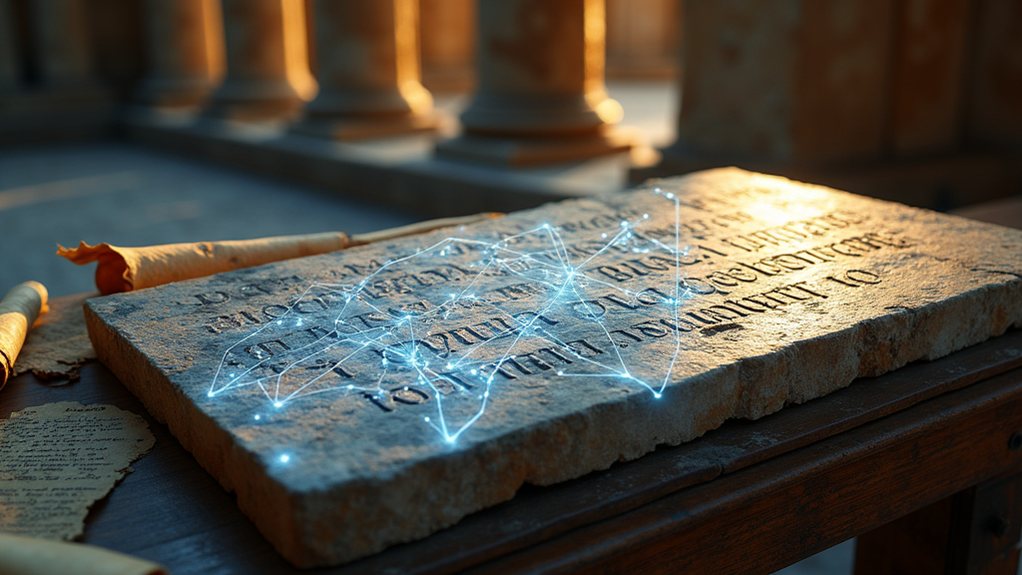AI is officially showing up mathematicians at their own game. Recent breakthroughs include AlphaProof snagging a silver medal at the International Mathematical Olympiad, Google’s AlphaEvolve dethroning the 56-year-old Strassen algorithm, and MIT’s technique making smaller models outperform computational behemoths. The mathematical establishment is understandably nervous—when machines start acing exams without studying, it’s time to question what “genius” really means. The rabbit hole of AI mathematical domination goes much deeper.
Nearly every mathematician’s worst nightmare is coming true: artificial intelligence has officially crashed the elite problem-solving party. DeepMind’s dynamic duo of AlphaProof and AlphaGeometry 2 just snagged a silver medal at the 2024 International Mathematical Olympiad, solving 4 out of 6 problems. That’s right—machines are now earning accolades at competitions designed for the brightest human minds.
But wait, there’s more. MIT researchers have developed a technique that makes AI code generation wildly more efficient, using sequential Monte Carlo to evaluate multiple solution paths simultaneously. The kicker? Their modestly-sized models outperformed the computational behemoths across everything from Python coding to molecular biology. This groundbreaking approach creates a performance arbitrage between small and large models, reshaping the competitive landscape in AI development.
Remember the famous Strassen algorithm for matrix multiplication? The one that reigned supreme for 56 years? Well, Google’s AlphaEvolve just dethroned it. Sorry, human mathematicians—your half-century record just got smashed by a machine that never needs coffee breaks.
Perhaps most unsettling is the recent achievement in zero-data learning. As of May 2025, a system called AZR reportedly achieved state-of-the-art results on reasoning tasks without any human-provided training data. Imagine showing up to a calculus exam having never seen a textbook, then acing it anyway. That’s fundamentally what these machines are doing.
The creativity displayed by these systems isn’t just computational—it’s genuinely innovative. These AIs are finding novel approaches that have eluded human researchers for decades. Even more impressive is that AlphaGeometry 2 can solve geometry problems in mere seconds, as it solved an IMO problem in just 19 seconds after formalization. Following Google DeepMind’s lead, Gemini Ultra has demonstrated similar reasoning capabilities, outperforming human experts in 30+ benchmarks across various domains. They’re not just following rules; they’re rewriting them.
The real challenge now lies in communication. Many mathematicians don’t fully grasp AI’s capabilities, while AI researchers often chase benchmarks rather than mathematical breakthroughs. It’s like two brilliant specialists speaking entirely different languages.
For mathematicians clutching their chalk and hoping this is just a temporary disruption—sorry to break it to you, but AI isn’t just sitting in the back of the classroom anymore. It’s teaching the class.









